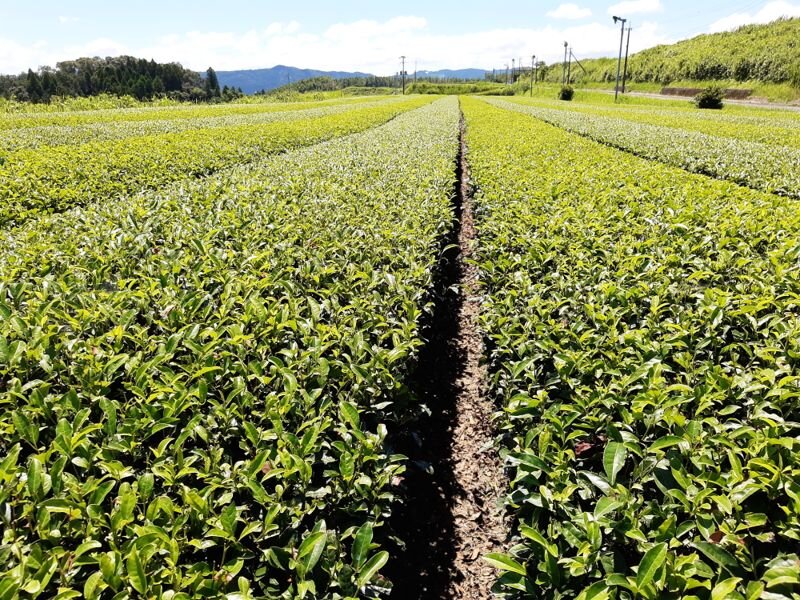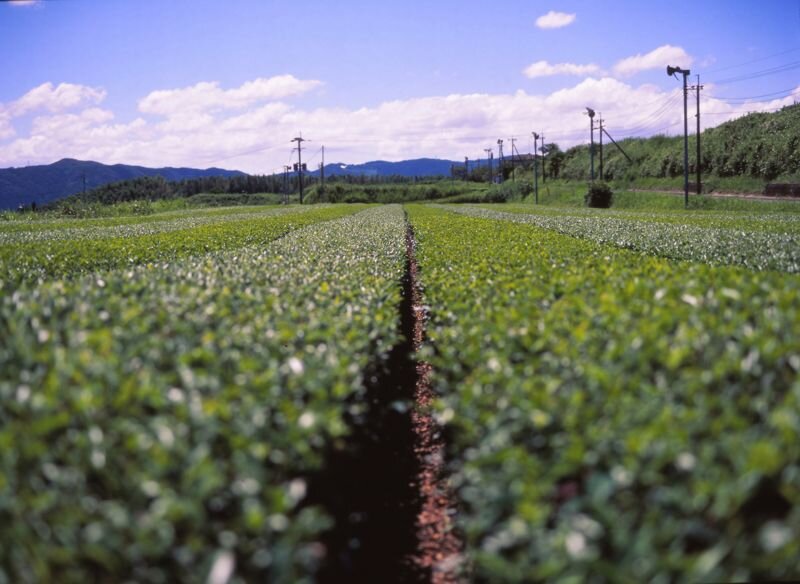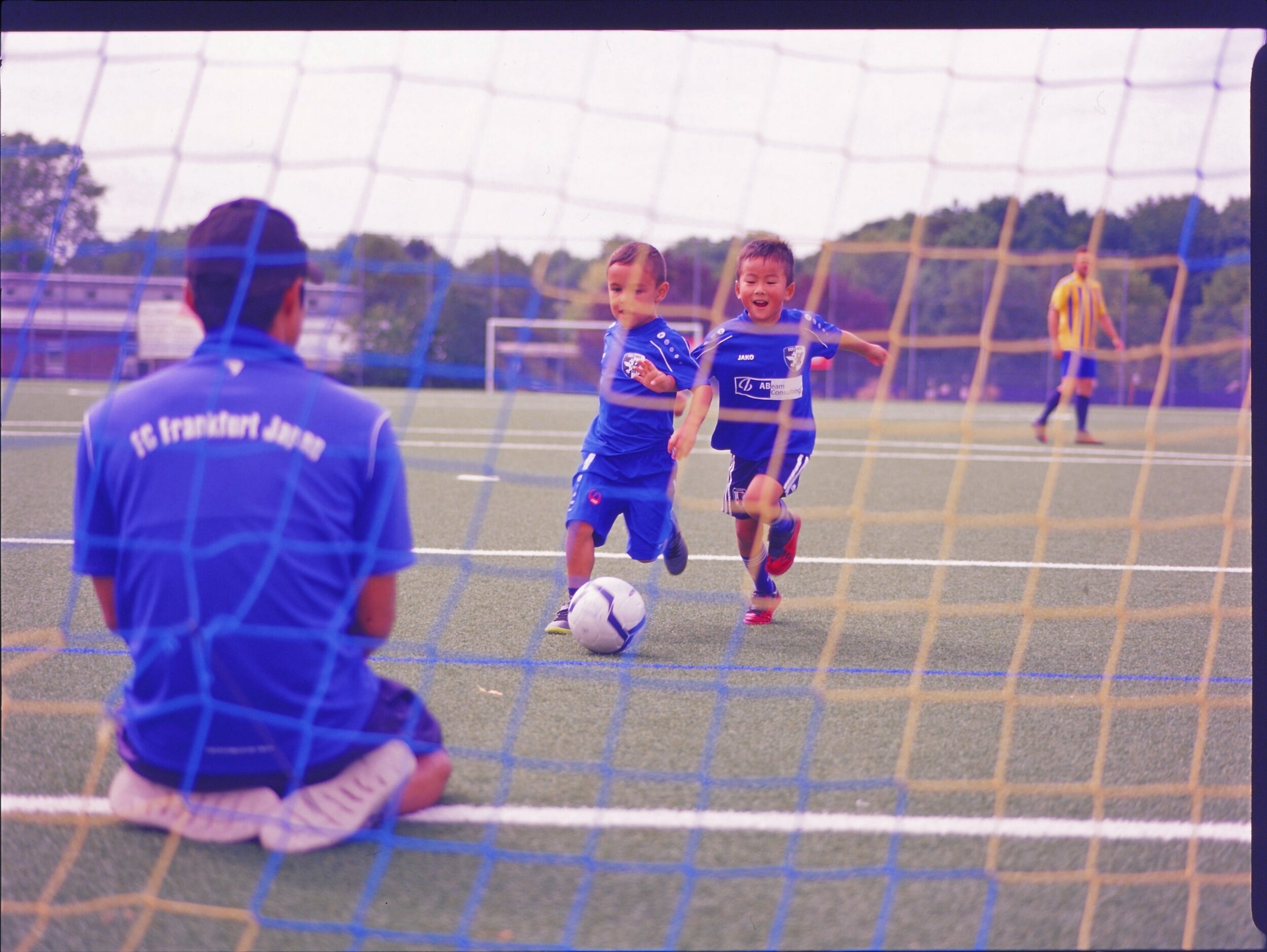While looking for the right person to take a photo of this morning, I spoke to an inelligent guy (who I didn't photograph) who really got me thinking about what I am doing when I talk to somebody and ask them for a photograph. I haven't completely formulated my thoughts into words yet but can say there is something distinctly different between street photography and street portraits. They employ different skills and a different way of looking at the world. I perceive subjects in street photography as demonstrating humans in their natural world doing what they do without noticing the photographer which forms a barrier between them and the observer. Sometimes the cameraman holds a power that may be abused and results in a stolen moment in time. Galleries everywhere are filled with such moments but there is seldom any true connection between the subject and the viewer - we are just voyeurs looking down on somebody without them being able to reciprocate. On the rare occasion that the subject looks through the lens at the viewer and breaks that 4th wall, there is an expression that cannot be gained by having spoken to that person to receive their permission before having taken the shot and this tends to give the person in the photo a greater connection to the viewer.
However, being allowed to take somebody's portrait while on the street invites the photorgrapher and viewer to enter into that subject's personal space with their express permisson. The look the person has is completely different and the overall tone of the image feels softer to me. Even though there is the briefest of exchanges before the shot, there is a trust from the subject that the photographer respects them and their personal property will not be misused or abused. In constrast to this, knowing that a camera is pointed their way, the subject stops behaving normally and will try to pose and look as they feel is apporopriate and this might be at odds with what would make the best photograph for them. This can form quite a dilemma as a photographer needs to balance their own desires with the rights of the person in the image and what would be the best method for obtaining a photo that could satisfy all parties.
As yet, I don't have a clear vision of what is the best way to approach my own photography to push myself in the right direction regards street photography. However, the more I talk to, and take portraits of people on the street, the more I see the beauty in them and the value in making a connection and learning from each by coming out of our comfort zone. I think we miss out so much by being engrossed in commuting, playing mobile games, reading books and so on that we ignore a vast wealth of potential from the amazing people who are within touching distance of us sat on a train or at the next cafe table and one of the things that stops us from talking to each other and strengthening our communities against prejudices is the fear of rejection which may ultimately be why it feels easier to be a street photographer than a portrait photographer.











